Contact Us On:

Fuel polishing is a critical maintenance process that ensures the cleanliness and quality of stored fuel, protecting engines and fuel systems from the harmful effects of contamination. It involves the removal of water, sludge, microbial growth, and other impurities that can accumulate in fuel over time. This process is essential for industries that rely on stored fuel, such as marine, aviation, transportation, and emergency power systems, where fuel quality directly impacts operational efficiency and reliability.
Understanding Fuel Degradation
Stored fuel, especially diesel, is susceptible to degradation over time. Factors such as temperature fluctuations, condensation, and exposure to air can introduce water into the fuel, leading to microbial growth and the formation of sludge. Microorganisms like bacteria and fungi thrive in the presence of water and feed on the hydrocarbons in the fuel, producing acidic by-products that further degrade the fuel. Sludge and sediment can also form from the natural breakdown of the fuel over time.
These contaminants can cause a range of problems, including clogged filters, corroded fuel tanks, and reduced engine performance. In severe cases, contaminated fuel can lead to engine failure, resulting in costly repairs and downtime. This is where fuel polishing comes into play.
The Fuel Polishing Process
Fuel polishing is a specialized process that involves circulating the stored fuel through a series of filtration systems designed to remove contaminants. The process typically includes:
- Water Separation: The first step is to remove water, which is the primary cause of microbial growth in fuel. Water separators or coalescers are used to separate water from the fuel, ensuring that the remaining fuel is dry.
- Filtration: The fuel is then passed through high-efficiency filters to remove particulate matter, sludge, and microbial contaminants. These filters are designed to capture even the smallest particles, ensuring that the fuel is clean.
- Recirculation: The polished fuel is recirculated back into the storage tank, ensuring that all fuel in the system is treated. This process may be repeated multiple times depending on the level of contamination.
- Testing: After polishing, the fuel is typically tested to ensure it meets the required quality standards. This step is crucial in verifying the effectiveness of the polishing process.
Why is Fuel Polishing Important?
Fuel polishing is vital for several reasons:
- Protecting Equipment: Clean fuel is essential for the efficient operation of engines and fuel systems. Contaminants like water and sludge can cause corrosion, clog fuel filters, and damage injectors, leading to reduced performance and costly repairs.
- Ensuring Reliability: For industries that rely on backup power systems, such as hospitals, data centers, and industrial facilities, the reliability of stored fuel is critical. Fuel polishing ensures that the fuel is ready to perform when needed, preventing unexpected failures.
- Cost Savings: Regular fuel polishing can extend the life of your fuel and equipment, reducing the need for frequent repairs and replacements. It also helps avoid the costs associated with disposing of contaminated fuel, which can be both expensive and environmentally harmful.
- Environmental Benefits: By maintaining fuel quality, fuel polishing reduces waste and minimizes the environmental impact of fuel disposal. It also helps reduce emissions from engines by ensuring complete and efficient combustion of clean fuel.
- Compliance: In some industries, maintaining fuel quality is not just important but also a regulatory requirement. Fuel polishing can help organizations meet these standards and avoid penalties.
Therefore, Fuel polishing is an essential process for anyone who relies on stored fuel. It protects your equipment, ensures reliability, saves costs, and offers environmental benefits. By regularly polishing your fuel, you can extend its life, prevent operational disruptions, and maintain the efficiency of your fuel systems. Whether you’re managing a fleet of vehicles, operating a marine vessel, or maintaining a backup power system, fuel polishing is a proactive step to ensure that your fuel is always ready to deliver optimal performance.






Leave A Comment